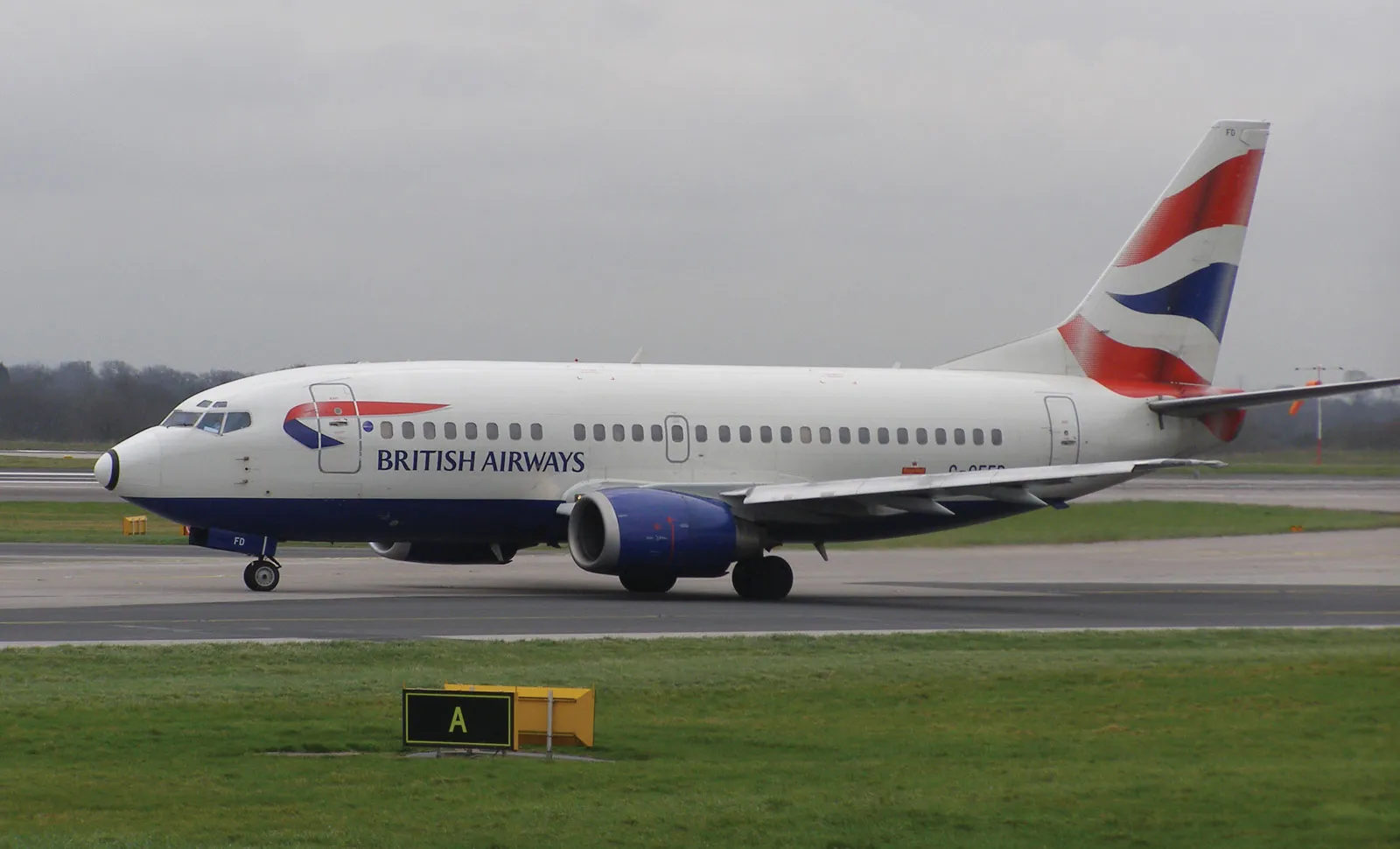British Caledonian Airways (BCal) emerged as a significant player in the British aviation landscape during the 1970s and 1980s. Established on November 30, 1970, through the merger of Caledonian Airways and British United Airways (BUA), BCal aimed to challenge the dominance of state-owned carriers like British European Airways (BEA) and British Overseas Airways Corporation (BOAC). This article delves into the history, fleet, and operations of British Caledonian Airways, highlighting its impact on the aviation industry.
Formation and Early Success
The formation of British Caledonian Airways marked a pivotal moment in British aviation history. In response to recommendations outlined in the Edwards report and a government white paper advocating for competition in the airline industry, BCal was established as a privately owned alternative to state-controlled carriers. With its main hub at London Gatwick Airport (LGW), BCal quickly gained traction, capitalizing on its ability to offer non-stop scheduled flights between Gatwick and Paris, challenging the monopoly on lucrative routes previously held by state-owned airlines.
Fleet and Operations
A key aspect of British Caledonian Airways’ identity was its diverse fleet, comprising both widebody and narrowbody aircraft. Throughout its nearly two-decade tenure, BCal operated a range of aircraft, including the Boeing 707, Vickers VC10, BAC One-Eleven, Boeing 747, McDonnell Douglas DC-10, and Airbus A310. This diverse fleet facilitated operations across Europe and beyond, enabling BCal to serve a variety of domestic and international destinations.
Financial Challenges and Mergers
Despite its initial success, British Caledonian Airways faced financial difficulties in the 1980s, stemming from a combination of factors including limited growth opportunities and financial setbacks. The airline’s inability to expand its operations put it at risk of collapse, leading to discussions of a potential merger with another carrier. In 1987, British Airways (BA) acquired British Caledonian Airways, rebranding its Gatwick-based subsidiary as Caledonian Airways. This acquisition marked the end of British Caledonian Airways’ commercial passenger operations on April 14, 1988.
Legacy and Impact
Although British Caledonian Airways ceased operations nearly three decades ago, its legacy continues to resonate within the aviation industry. BCal played a significant role in challenging the monopoly of state-owned carriers, paving the way for increased competition and innovation in British air travel. Additionally, BCal’s fleet and operations set a precedent for future airlines, demonstrating the viability of private carriers in a market historically dominated by government-controlled entities.
Conclusion
British Caledonian Airways remains a notable chapter in the history of British aviation, exemplifying the spirit of innovation and entrepreneurship in the airline industry. From its humble beginnings to its eventual acquisition by British Airways, BCal left an indelible mark on air travel in the United Kingdom, shaping the landscape for generations to come.

